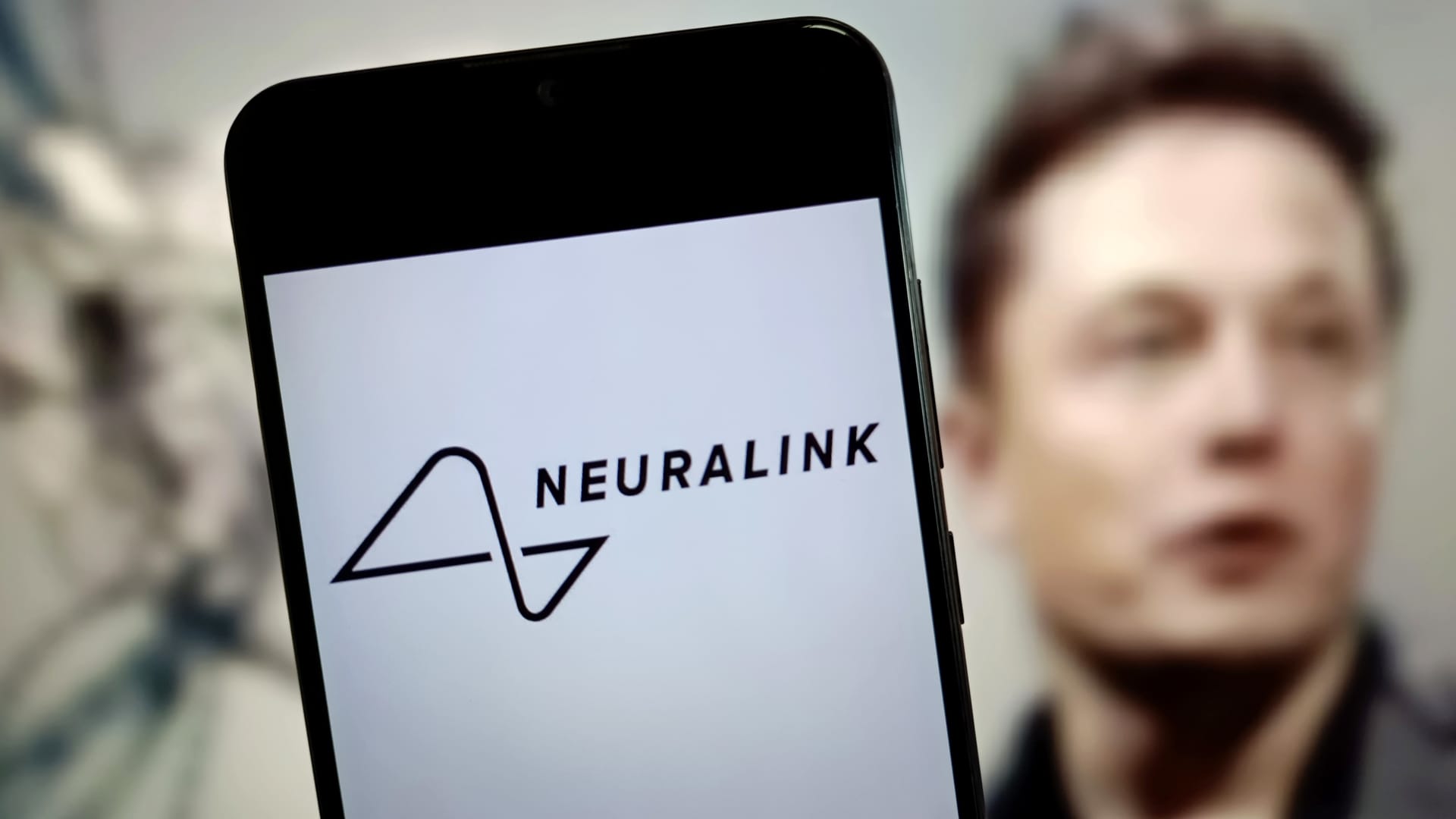The biggest political fights over Trump’s megabill are converging in Nevada

When it comes to President Donald Trump’s “big, beautiful bill,” few places could be impacted more significantly than Nevada — one of the country’s most closely divided swing states.
For starters, Nevada is expecting the law’s changes to Medicaid and food assistance to boot hundreds of thousands of residents from crucial social safety net programs.
Like other states in similar predicaments, lawmakers will have to scramble to figure out how to find money in the state budget to keep many of those people covered. But the impacts of the law on that budget and the state’s broader finances could be even more significant than in many others because Nevada has no state income tax, and therefore is extremely limited in how it can find new revenues.
Then there are the new law’s tax provisions related to tipped employees and gamblers that will have an outsize effect on a state whose economy relies almost exclusively on casinos and hospitality.
The implementation of the new law in the coming months and years will occur as Nevada is set to play a key role in the next midterm and presidential elections.
In 2026, Gov. Joe Lombardo — who has walked a fine line between offering praise for certain aspects of the megabill while pushing back against others — is seen as the most vulnerable Republican governor up for re-election. And Nevada’s battleground 3rd District, represented by Democratic Rep. Susie Lee, will be a key race in the fight for the House majority.
And in 2028, Nevada will likely again host critical contests for the White House and Senate.
Democrats are already eager to go on offense against the law. State Rep. Steve Yeager, the Democratic speaker of the state Assembly, said he’s already been contacted by many constituents who have expressed “concern about what this bill might mean for them” and how they could be impacted by its changes to Medicaid, food assistance, energy credits, taxes on tips and gambling.
Yeager added he was going “to make sure that every single voter who goes to the ballot box here next year in 2026 knows about this bill and knows about the impact.”
‘A low-revenue state’
Approximately 1 in 3 Nevadans are on Medicaid, according to data from the state and KFF, a nonpartisan health policy research group, due in part to a massive expansion of the program back in 2013 by then-Gov. Brian Sandoval, one of the first Republican governors to embark on Medicaid expansion under the Affordable Care Act.
Trump’s law will institute steep cuts to Medicaid and food aid benefits mostly by establishing new work requirements, restrict state-levied fees on health care providers that are mostly used to fund Medicaid, and preclude the federal government from being responsible for reimbursing states any longer. In Nevada, as many as 100,000 people could fall off Medicaid as a result, according to the nonpartisan Center on Budget and Policy Priorities.
But unlike some other states, which may be able to shift funds around in their budgets to build financial support for affected residents, Nevada’s hands are largely tied. It has no state income tax and has a state constitutional provision requiring a two-thirds majority to raise revenue.
“We don’t have the funds to be able to fill these critical gaps,” Yeager said. “We’re a low-revenue state. … We’re in a really tough place.”
Nevada is also likely to be uniquely impacted by a pair of tax provisions.
Starting in 2026, gamblers will have to pay more taxes under the GOP’s new law. That’s because the law will limit what gamblers can deduct from their yearly taxes to 90% of their losses. Bettors can currently deduct the entirety of their losses — up until their winnings.
Bettors have expressed concerns that the provision could cause professional gambling in the U.S. to fold. And Nevada Democrats say it’s all but certain to impact the bustling and crucial industry in the casino-laden state.
“This means if someone wins a big jackpot in Las Vegas and then loses that one jackpot later on, they would still be liable for 10% in taxes on gaming ‘income,’ even though they had not brought home anything,” Sen. Jacky Rosen, D-Nev., said last week on the chamber floor. “That’s not just bad math, it’s bad policy.”
Meanwhile, Trump and Republicans have boasted of the law’s provision that they call “no tax on tips.” Trump unveiled the concept during a 2024 campaign event in Nevada, which is among the states with the highest concentration of service workers who rely on tips.
“If you’re a restaurant worker, a server, a valet, a bellhop, a bartender, one of my caddies … your tips will be 100% yours,” Trump said of the policy idea during a January visit to Las Vegas shortly after he was sworn in for his second term.
The law allows for a deduction on federal taxes of up to $25,000 in tipped income. At first glance, it appears it could be a boon for workers who rely heavily on tips.
But economists at the Yale Budget Lab have written that 37% of all tipped workers don’t earn enough money to even pay federal income tax, meaning that these people wouldn’t gain from the new deduction.
In addition, critics note the cap is relatively small and that it phases out once workers enter a higher income bracket ($150,000 per year). Plus, the provision only runs through 2028.
Democrats also note that the law froze nearly all of the clean energy funds the state had received under President Joe Biden’s Inflation Reduction Act. Nevada, where scorching temperatures have led to soaring energy costs for voters and businesses, was among the states that claimed the most IRA funds used to incentivize clean energy investments and jobs, as well as home energy rebates.
As those funds dry up, so too could financial relief for residents and businesses.
“With the undoing of some of the Inflation Reduction Act, losing monies that were in the bill, we’re going to lose solar jobs — and I am confident that our power bills are going to increase,” Yeager said.
A key gubernatorial race
Those impacts will loom particularly large in next year’s governor’s race in Nevada. Even before Trump enacted the law, Lombardo, who won his 2022 election over Democrat Steve Sisolak by just 1.5 percentage points, was the only Republican governor up for re-election next year whose race was rated by the nonpartisan Cook Political Report as a “toss-up.”
Nevada Democrats have already aggressively sought to link Lombardo to the “big, beautiful bill.”
“Lombardo will have to reckon with the damage done to Nevadans’ lives and livelihoods because he was too cowardly to stand up to Trump,” said Nevada Democratic Party Chair Daniele Monroe-Moreno.
Lombardo, for his part, has praised some of the tax provisions in the law, but he also warned Congress not to make changes to Medicaid funding ahead of its passage.
“While my administration continues to assess this bill as it moves to get signed into law, Nevadans should be excited about the potential impacts of tax cuts, investments in small businesses and American manufacturing, and efforts to help secure our border,” Lombardo wrote on X the day before Trump signed it into law.
A spokesperson for Lombardo declined to comment for this story but referred to that post on X, in which Lombardo also lauded the law’s “no tax on tips” provision. The spokesperson also referred to the letters Lombardo wrote to Congress and state legislators expressing his concerns about the bill’s impact on Medicaid, plus a letter he wrote to Trump urging him to reconsider the gambling losses provision.
Lombardo was also among just seven Republican governors who did not sign a May letter in support of Trump’s proposed “big, beautiful bill.”
That tension underscores the bind many Republican incumbents are likely to find themselves in during next year’s midterms as they seek to take credit for some of the tax-saving mechanisms of the bill while distancing themselves from the cuts that Democrats are already hammering them on — all while trying to avoid running afoul of Trump.
Responding to questions about the political impacts of the law, John Burke, a spokesperson for the Lombardo-supporting Better Nevada state PAC, said in an email, “Under Governor Lombardo’s leadership, Nevada is finally getting back on track, and the people of our state are seeing results.” He pointed specifically to accomplishments on affordable housing and education.
“The Governor has been vocal about his support for eliminating taxes on tips and supports a return to previous law on gambling losses,” Burke added.
State Attorney General Aaron Ford, who is so far the only Democrat who’s entered the race against Lombardo, slammed the law for its impacts on health care and food assistance. He said “servers and bartenders and hospitality workers are going to be getting played” by Republicans’ “no tax on tips” claims.
[title_words_as_hashtags



